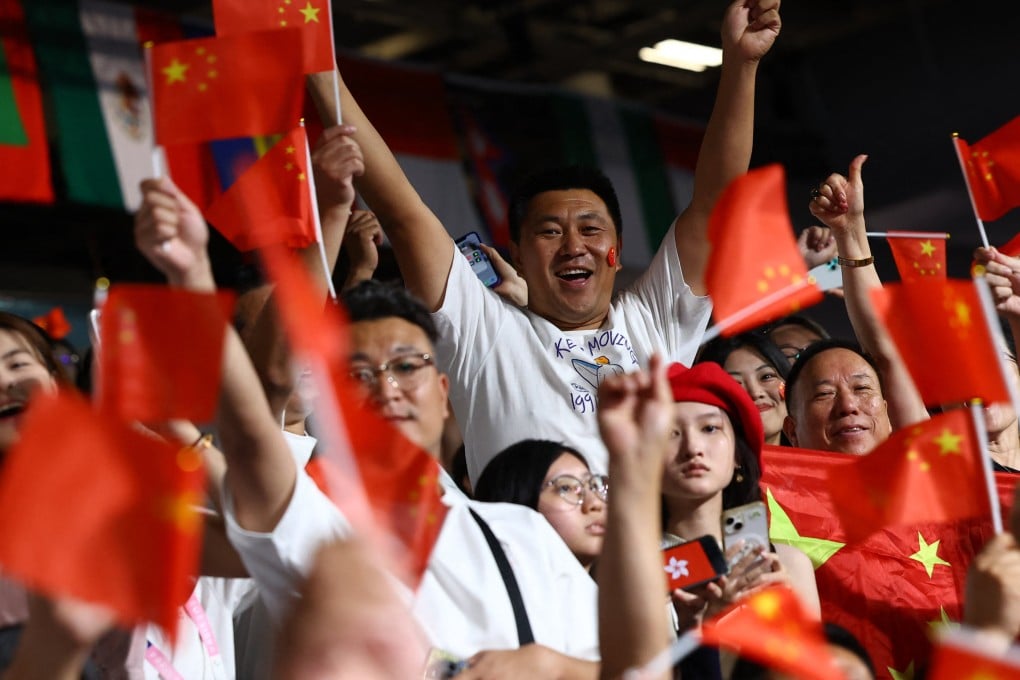Being Chinese | How I transcended my Hong Kong identity crisis
I felt neither British nor Chinese growing up in Hong Kong. Travelling the world and living in Beijing helped me find my bearings

Born and raised in colonial Hong Kong, I was used to our currency featuring the queen’s face, school holidays on the queen’s birthday and Commonwealth Day, and having white men with phonetically translated Chinese names as our governors. I would proudly don my Manchester United “home-team” jersey while my brother, in his Liverpool gear, played football in the living room, blissfully unaware that both cities are 10,000km away.
At the same time, it was difficult for me to grasp the concept of nations and, by extension, patriotism. While I knew Hong Kong was not a country, I did not see Britain as “my nation” either.
As a student in the United States, I had something of an identity crisis. When asked which country I was from, I could only blurt out “Hong Kong”. In general, Americans had poor knowledge of geography and most friends were clueless about Hong Kong; one even asked if it was the capital of Japan.

